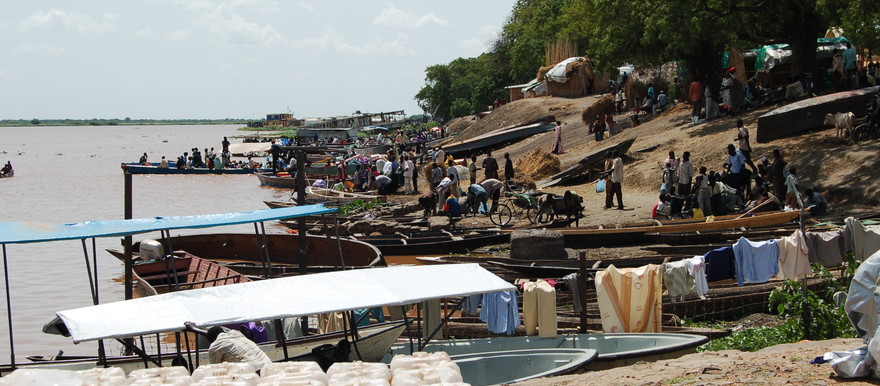Authorities in the newly created West Nile State have changed the name to Fashoda, the name of its administrative headquarters, citing the historical importance as a place known in history as where the Britain and France almost went to war in 1898 over its control.
Western Nile State is one of 28 new states created by presidential decree but rejected as illegitimate by the Aguelek militia that actually controls the territory of the state. Loyalist of Salva Kiir who comprise the state government are operating from outside the new state boundaries.
State Information Minister Angelo Gwak said in a statement that the decision to change the name of the state from West Nile to Fashoda was reached after discussions were carried out with members of the community before going to the local parliament for approval.
“This is to inform members of the general public that the name of West Nile state has been changed to Fashoda. From now onward our state is called Fashoda state,” said Gwak.
Minister Gwak said many ethnic Shilluk believe that Fashoda serves as the mediating place for their King. “Fashoda as you know is a very important place for us as Shilluk community and even for the country at large. For us as the community it is important because this is a place where ceremonies and the coronation of each new Shilluk King takes place.”
“For South Sudan as a country, it is important its history. You know in history, Fashoda is where French and British almost went into war over its control. So it is this significance that we want to preserve by naming the state after it,” explained Gwak on Sunday.
The official further explained that Fashoda is also believed by members of his community as a place where the spirit of Juok (God), the spirit of Nyikango (the founder of Shilluk Kingdom and the spiritual leader of Shilluk religion), the spirit of the deceased Shilluk kings and the spirit of the living Shilluk king come to mediate for the Kingdom of Shilluk’s spiritual healing.
It is equally preserved as a quiet place for the spirit of God, where the sounds and speeches of God (Juok) can be heard and received by the king, leaders, and elders, he said.
File photo: The port of Malakal, an area claimed by the Shilluk as their own but which is excluded from the boundaries of West Nile State




